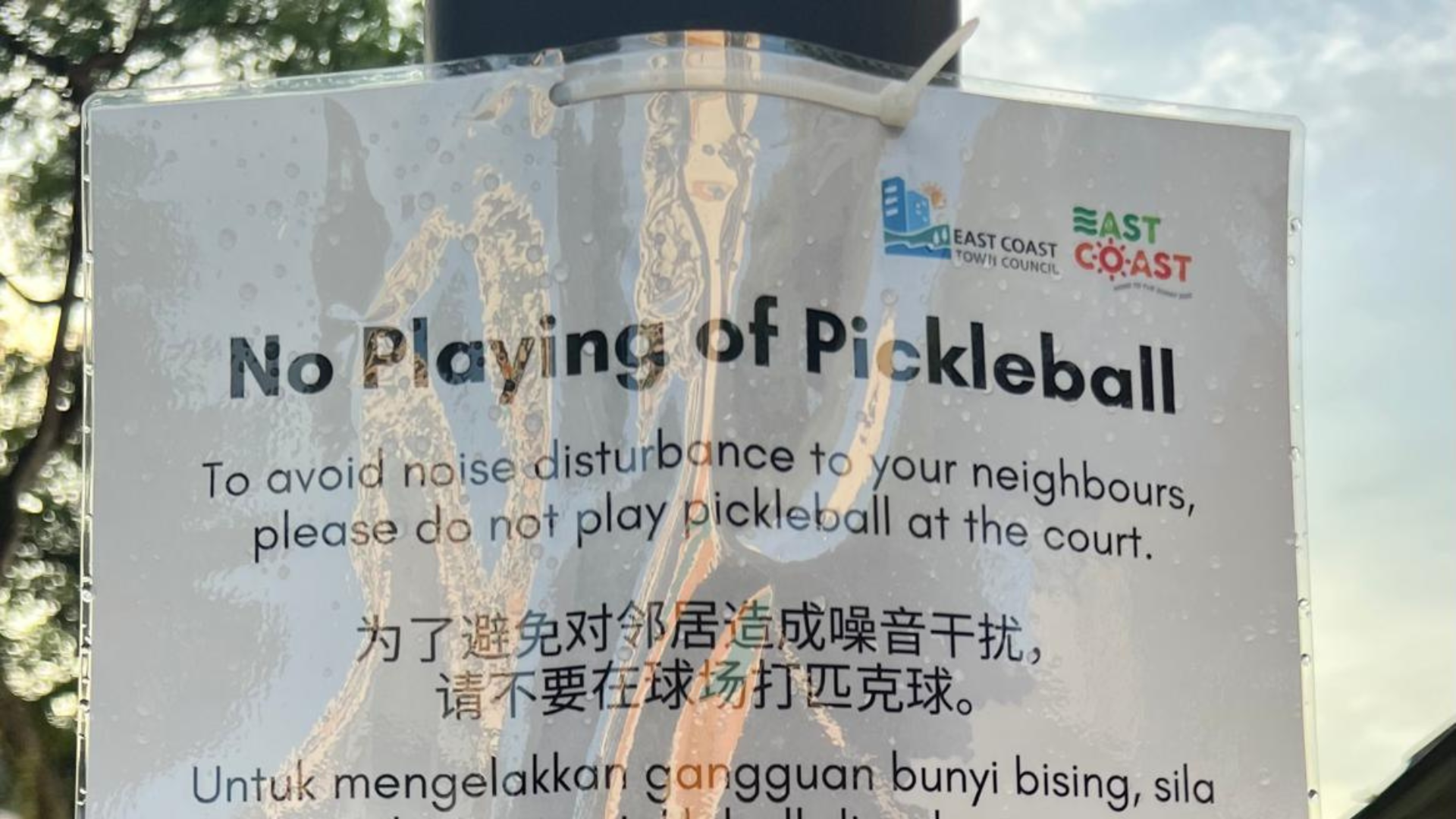Partners inevitably become referred to as an item. Whether you are dating, engaged or married, there will be times in which friends, loved ones or strangers refer to the both of you as an individual entity.
When you are constantly being introduced to or recognised by others as your partner’s boyfriend, fiancée or wife instead of your individual self, what do you become?
When married women opt for Ms or Mrs, what does it mean?
How does the psychology of naming work, and how can it alter the social dynamics of couples and its individuals?
In answering these questions, it can be helpful to explore the concept of self-identity by shifting our focus to our neighbour, South Korea.
Mothers are not called by their own names in South Korea
Traditionally, Korean women with children are addressed by reference to their children’s names. She is no longer called her own name, but ‘Tae Hyung’s mother’, or ‘Ji Soo’s mother’.
By constantly being referred to as a possession of someone else, in this case their child’s, the identity of the mother is invariably subsumed. Instead of a writer, researcher, technician, scientist, surgeon or lawyer who enjoys her own lists of hobbies, she is now simply the mother of a child.
While motherhood is in itself undoubtedly transformative, society’s naming preference for these Korean mothers suggests how it perceives mothers. By replacing the women’s name with that of motherhood, it can connote the society’s distinct set of expectations.

Interestingly, and unsurprisingly, South Korean mothers have come up with a way to retain their own names. There has been an increased popularity in the use of the female solidarity term ‘caki’, meaning ‘you’, amongst friends. This allows friends to directly address each other, instead of calling each other as their children’s mother. Some women also use the term ‘caki’ to stay integrated in a mothers’ network.
READ: How and Why Singlish Excludes Outsiders, Explained
Choosing salutations: Ms or Mrs
Here in Singapore, women do not face similar naming issues like that of South Korea’s. Instead, the first official decision lies in deciding which salutation to go for.
A married woman can choose to keep her surname by opting for ‘Ms’, or follow her husband’s surname by using ‘Mrs’. A man, in contrast, need not be bothered with salutation changes after getting married.
The salutation chosen by married women can suggest how they prefer to be identified, particularly at formal occasions such as the workplace.
When asked about her choice to use ‘Ms’ after getting married, Mindy (not her real name), a 32-year-old ex-secondary school teacher said, “After I got married, I did not ask my students to refer to me as Mrs so-and-so. When hanging out with my husband’s friends and family, it is inevitable that they see me as his wife since they are closer to him. However, it is also important to me that they like me as an individual, on my own merit. And equally important to me is to maintain my own community and circle of my choosing.”
“I think it’s dangerous for one’s identity to feel shadowed by or subsumed under another’s, because self-identity is so fundamental that I am sure if anyone has to change themselves radically to accommodate someone else, resentment will only grow over time and it’ll become unsustainable.”
The choice of a married woman to go with either Ms or Mrs can hint at her choice to be referenced with regard to herself or her husband.
READ: I Rather Learn a Third Language Than Master My Mother Tongue – Here’s Why
Names are historically important
Since birth, the identification of yourself has always been tied to your own name — the sweetest word to you in the world. Once your salutation or name changes, your identity can change involuntarily. To explain this phenomenon, perhaps looking at more extreme examples of name removals can help.
During the tragic Holocaust, for instance, prisoners’ names were replaced with tattooed serial numbers on their wrists. In the Ghibli film ‘Spirited Away’, a witch takes away the protagonist’s name to take control of her. Throughout history and across literature, names are deeply attached to a person’s sense of self. These examples of name removals reveal just how much names contribute to one’s self-identity.

Think about how some of our friends with Chinese, Malay or Tamil names opt for a western one while studying or working abroad. They are no longer Yeow Ching, Ashraf or Siddharth, but Yvonne, Albert and Simon. Do they behave differently under these different names?
How about when you call your partner pet names such as ‘baby’ or ‘honey’ in your own private sphere, but choose to stick to each other’s real names when in the presence of others? Do you and your partner behave differently in these different contexts, and how does the change in name signify that?
“I find myself calling my partner by her name instead of a pet name when in public. I’m also quite conscious of that, for some reason.”, Yanuel (not his real name), a 25-year-old musician remarked.
When asked about how he is introduced to his partner’s group of friends and how it makes him feel, Yanuel replied, “I think somehow, being known as ‘her boyfriend’ in group settings does make me slightly more reserved? There’s a slight barrier between myself and her friends just because my link to them is one step away. Versus if I were meeting a group of strangers I would be slightly more outgoing, I think.”
While behaviours evolve over time and according to situations, the impact of names on identity cannot be discounted too. The sense of self shifts and grows in reference to the relationship. Esther Perel, a psychologist, said that “Love rests on two pillars: surrender and autonomy. Our need for togetherness exists alongside our need for separateness. One does not exist without the other.”

“With too much distance, there can be no connection. But too much merging eradicates the separateness of two distinct individuals. Then there is nothing more to transcend, no bridge to walk on, no one to visit on the other side, no other internal world to enter. When people become fused — when two become one — connection can no longer happen. There is no one to connect with.”
However, identity is not solely tied to names
Individuality is crucial, whether manifested in the form of name-calling or something else. When partners set aside time for personal pursuits, such as learning a new language or hanging out with their own group of friends, these are all actions that contribute to their individual sense of self.
Likewise, when couples spend time together exploring a new cafe, going on a hike or discussing about their future together, they are building on their collective sense of self.
The need for individuality between two partners in a relationship is perhaps most aptly put across by poet and novelist, Rainer Maria Rilke. “I hold this to be the highest task of a bond between two people: that each should stand guard over the solitude of the other.”
Give your plus one an identity
The next time a friend asks you to bring a plus one (+1) for a gathering, why not specify who you are bringing? Give your partner a name, and introduce them not just as your partner, but also what they see themselves as. Strive to not relegate your plus one to an anonymous partner but someone with their own identity.
Join the conversations on THG’s Facebook and Instagram, and get the latest updates via Telegram.




























